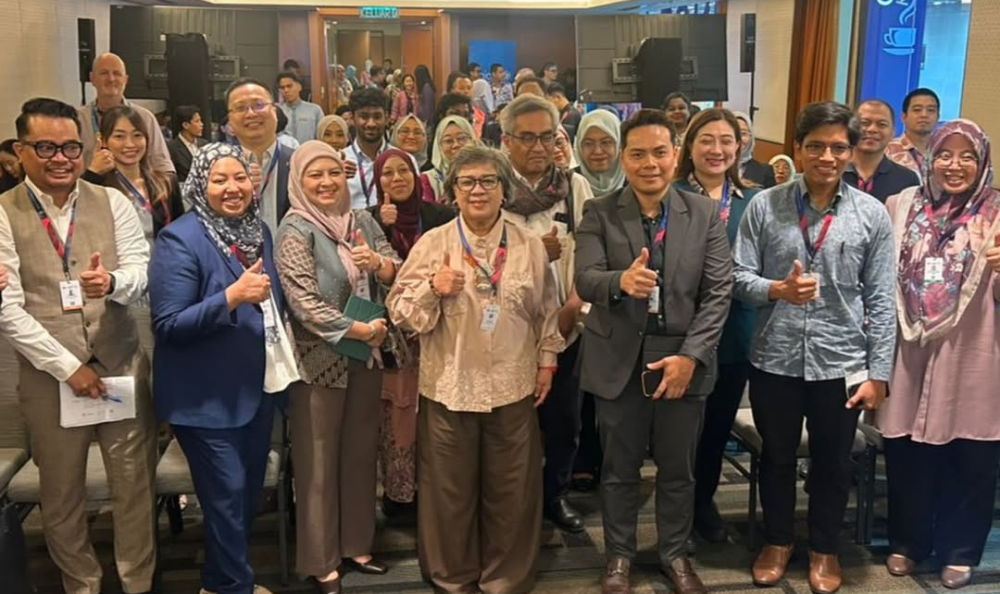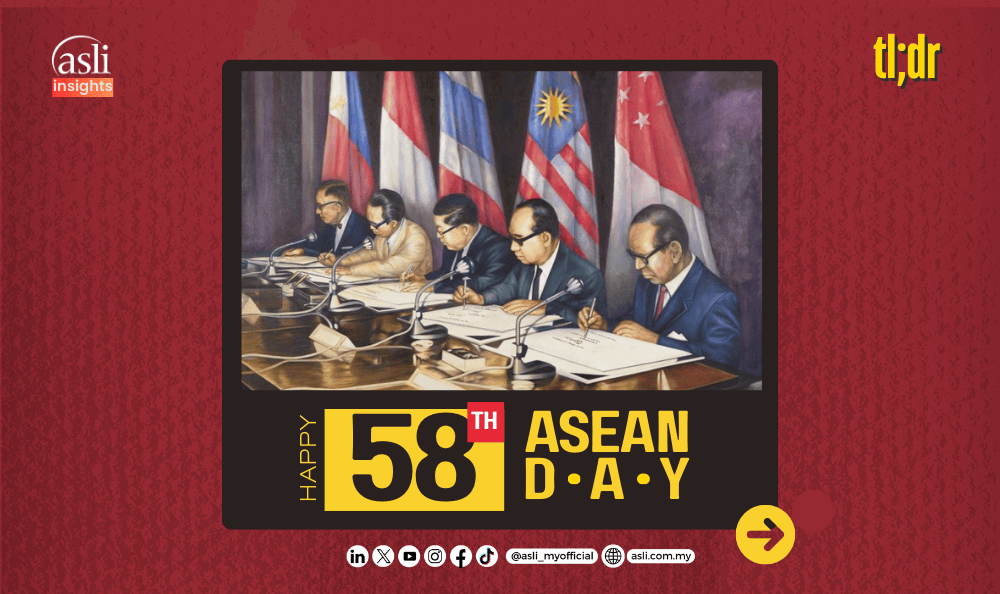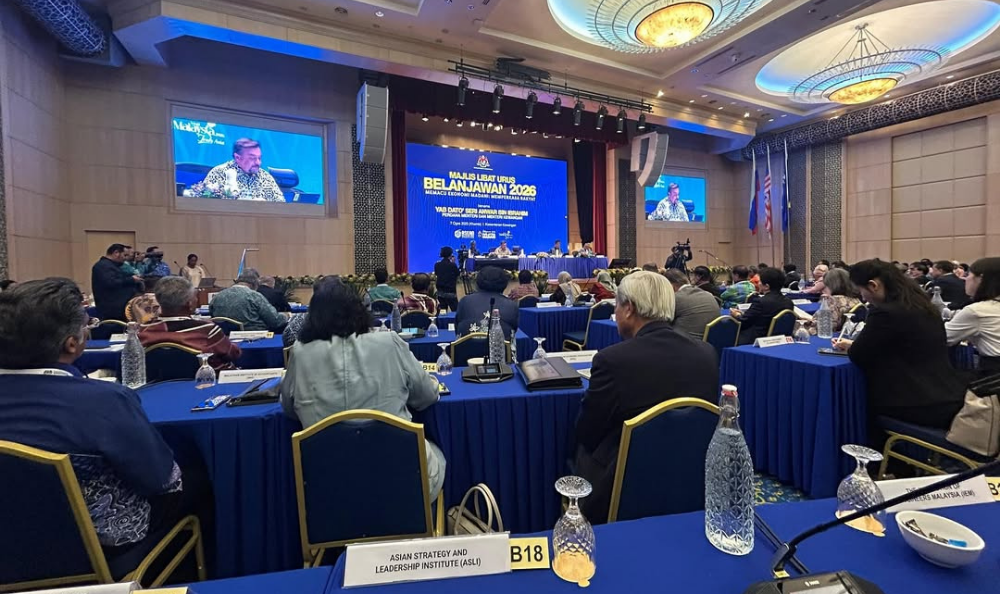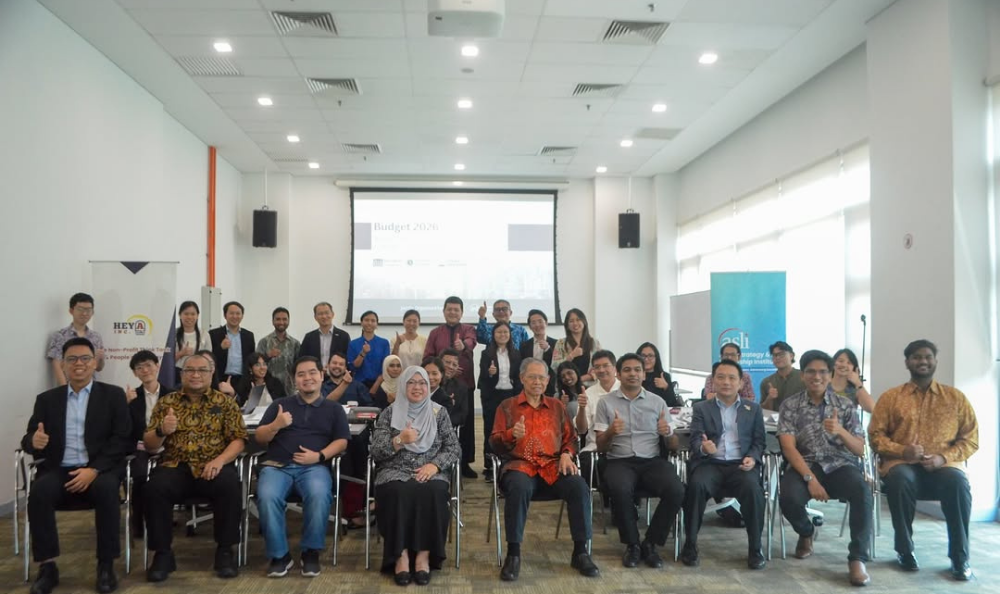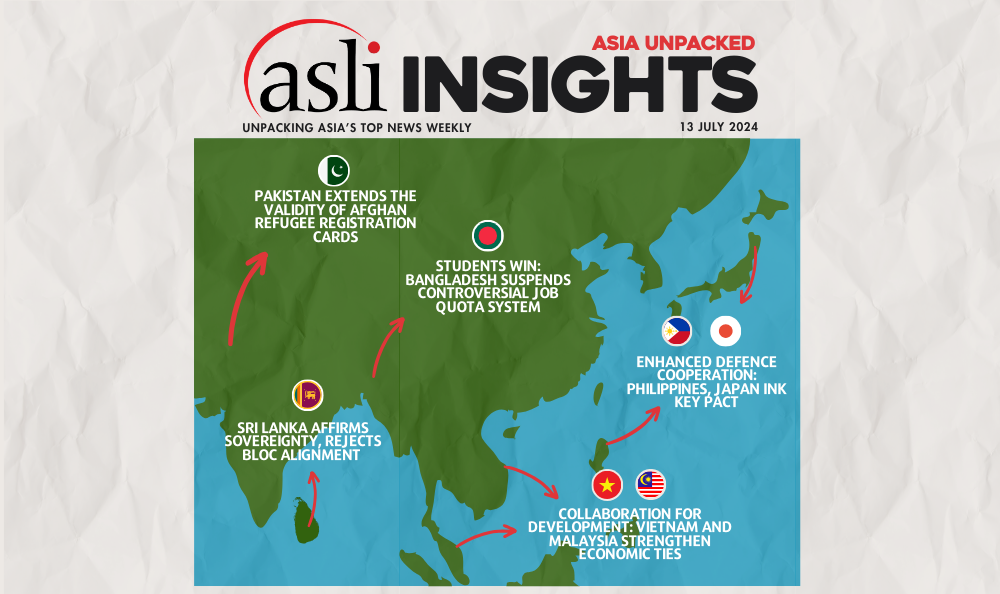
ASLI INSIGHTS: Asia Unpacked | 13 July 2024
ASLI is back with more ASLI INSIGHTS: Asia Unpacked!
Stay tuned for more top news in Asia handpicked by ASLI and for our curated weekly roundup!
This week’s Asia top news:
1) Students Win: Bangladesh Suspends Controversial Job Quota System
Bangladesh's Supreme Court temporarily suspended the government job quota system on July 10, following nationwide student protests against what they view as a discriminatory practice. The quota system reserves over half of civil service positions for specific groups like children of liberation heroes. Despite being abolished in 2018 and reinstated in June 2024, protests persisted, blocking highways and railways. Students demand a merit-based system, seeking permanent abolition of quotas except for minorities and the disabled, arguing it limits opportunities for qualified candidates and benefits pro-government factions. The government, led by Prime Minister Sheikh Hasina, has faced criticism for its handling of the issue, with accusations of court decisions favoring government policies.
Read more here:
- https://www.straitstimes.com/asia/south-asia/bangladesh-suspends-job-quotas-after-student-protests
- https://www.thestar.com.my/aseanplus/aseanplus-news/2024/07/10/bangladesh-suspends-job-quotas-after-student-protests
2) Pakistan Extends the Validity of Afghan Refugee Registration Cards
Pakistan has opted to extend the validity of Proof of Registration (PoR) cards for approximately 1.5 million Afghan legal residents by an additional year, following the expiration of these cards in June. Prime Minister Shehbaz Sharif's office confirmed the decision, stating that the cards, considered critical identity documents by the UN, will now be valid until June 30, 2025. The extension decision comes in the midst of Pakistan’s efforts to manage its refugee population, primarily consisting of Afghans who have fled decades of conflict and turmoil in their homeland. Last year, Pakistan initiated a significant drive to repatriate undocumented foreigners, with a focus on Afghan refugees who had crossed into Pakistan during various phases of Afghanistan's turbulent recent history, including after the Taliban's return to power in 2021.
Read more here:
3) Collaboration for Development: Vietnam and Malaysia Strengthen Economic Ties
Ministers Nguyen Hong Dien of Vietnam and Tengku Zafrul Tengku Abdul Aziz of Malaysia reaffirmed their commitment to enhancing bilateral trade relations during a meeting in Hanoi. They co-chaired the fourth Vietnam-Malaysia Joint Trade Committee meeting, highlighting Malaysia's importance as a trade and investment partner for Vietnam. Both sides expressed satisfaction with economic cooperation progress since their last meeting in 2015 and agreed to implement agreements from Malaysian Prime Minister Anwar Ibrahim's visit to Vietnam in 2023. They aim to achieve a bilateral trade turnover of US$18 billion by facilitating market access, particularly for Halal products.
Read more here:
- https://www.bernama.com/tv/news.php?id=2315993
- https://www.thestar.com.my/aseanplus/aseanplus-news/2024/07/10/vietnam-malaysia-promote-bilateral-trade-ties
4) Sri Lanka Affirms Sovereignty, Rejects Bloc Alignment
Sri Lanka aims to combat inflation by raising salaries within six to eighteen months, driven by foreign investment and economic growth. Despite progress in GDP and currency strength, poverty has doubled since 2021, leading to increased cash transfers to vulnerable families. The government focuses on sustainable growth through anti-corruption measures, service efficiency, and renewable energy investment. Balancing international relations, Sri Lanka seeks to avoid debt traps and aspires to be a regional maritime and air traffic hub, maintaining independence amidst global power dynamics.
Read more here:
- https://www.channelnewsasia.com/asia/sri-lanka-economy-inflation-poverty-investment-growth-maritime-air-traffic-hub-indo-pacific-china-india-4464556
- https://www.bloomberg.com/news/articles/2024-06-30/sk-hynix-plans-to-invest-75-billion-on-chips-through-2028?embedded-checkout=true
5) Enhanced Defence Cooperation: Philippines, Japan Ink Key Pact
The Philippines and Japan have signed a significant defence pact aimed at bolstering their military cooperation in response to regional security challenges, particularly China's increasing assertiveness in the South China Sea. The agreement allows Japan to provide defence equipment and technology to the Philippines, marking a notable advancement in their defence partnership. This pact is crucial for the Philippines as it seeks to enhance its maritime security capabilities amid ongoing territorial disputes in the South China Sea. It also reflects Manila's strategic manoeuvring between China and the United States, highlighting Japan's role in supporting the Philippines' defence needs independently of traditional American assistance. The signing underscores Japan's evolving security role in the Asia-Pacific region and its alignment with Southeast Asian nations concerned about China's growing influence and territorial ambitions. This pact signifies a deeper level of security cooperation between the Philippines and Japan, potentially setting a precedent for future defence engagements in the region.
Read more here:
